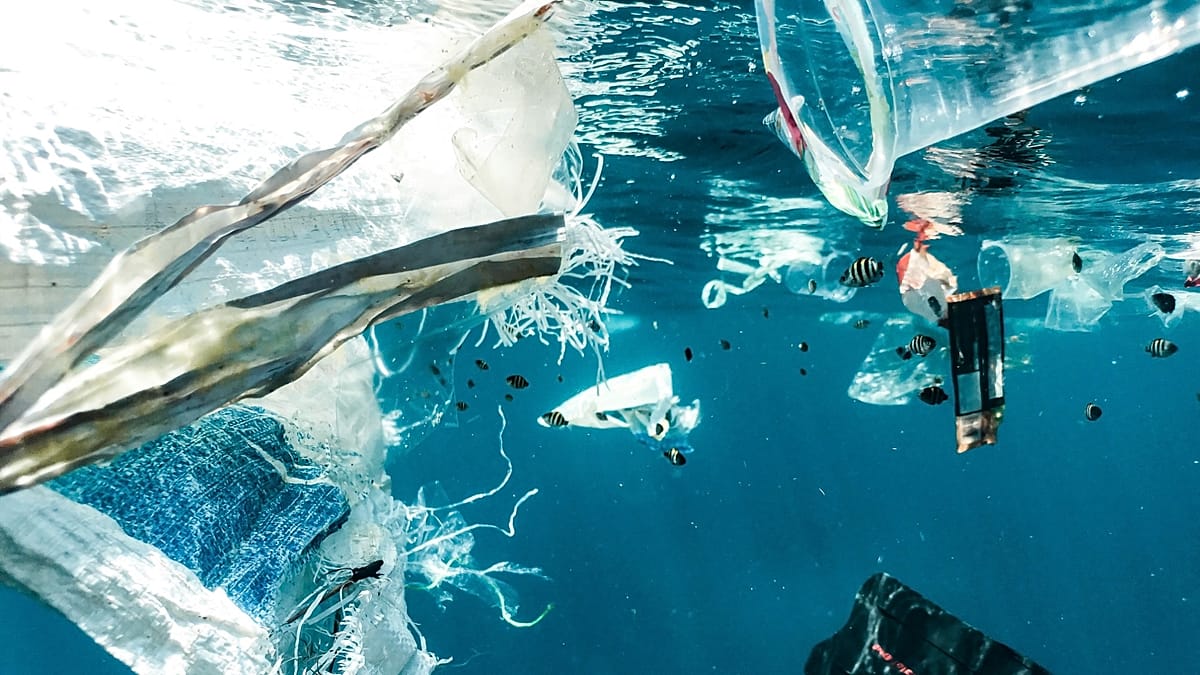Published on
Ocean plastics pose an “existential threat” to marine life diversity, with just small doses proving fatal.
Damning new research led by experts at Ocean Conservancy has warned that thousands of red-listed threatened species are ingesting dangerous levels of plastics – despite global efforts to clean up rubbish from beaches and waterways.
The study, released by the Proceedings of the National Academy of Sciences, aims to quantify exactly which types of plastics pose the greatest risks. This includes soft, flexible plastics like bags and food wrappers as well as hard plastics from fragments and whole items such as beverage bottles.
Researchers also sought to understand how much plasticis “too much”, arguing that lethal doses for marine animals are much smaller than most people think.
How much ocean plastic is dangerous?
Ocean Conservancy scientists analysed 10,412 animal autopsies worldwide in which the cause of death and plastic ingestion were known.
This includes 1,537 seabirds over 57 species, 1,306 sea turtlesover seven species, and 7,569 marine mammals across 31 species.
Nearly half (47 per cent) of all sea turtles, a third of seabirds and 12 per cent of marine mammals in the dataset had plastics in their digestive tracts at their time of death. One in five of the animals recorded had ingested plastics, often of varying types.
Researchers found that rubber and hard plastics are especially deadly for seabirds, while marine mammals were more at risk with soft plastics and fishing gear. Turtles were killed by both soft and hard plastics.
According to the study, consuming less than three sugar cubes’ worth of plastics for seabirds like Atlantic puffins – or just over two baseballs’ worth of plastics for sea turtles like Loggerheads – resulted in a 90 per cent likelihood of death.
For marine mammals like harbor porpoises, a football’s worth of plastic has a 90 per cent likelihood of death.
Ocean plastics an ‘existential threat’
“This research really drives home how ocean plastics are an existential threat to the diversity of life on our planet,” says Nicholas Mallos, vice president of Ocean Conservancy’s Ending Ocean Plastics program and a study co-author.
“Eating plastics is just one way that marine life is threatened by the plastic pollution crisis. Imagine the dangers when you also consider entanglement and the ever-present threat of toxic chemicals leaching from plastics.”
How much plastic is in the ocean?
Scientists estimate that more than 11 million tonnes of plastic enter the ocean every year, with the majority being single-use items.
This equates to more than a rubbish truck’s worth of plastics entering the ocean every single minute.
However, since 1986, Ocean Conservancy’s annual coastal cleanup has seen more than 19 million volunteers remove more than one million kilograms of rubbish from beaches and waterways.
“Governments around the world are grappling with how to address plastic pollution, and they are looking for science-based targets to inform policy decisions,” says Dr. Chelsea Rochman, senior author of the study.
“This research provides an important foundation for decision-makers to understand thresholds for risk to better protect biodiversity.”

